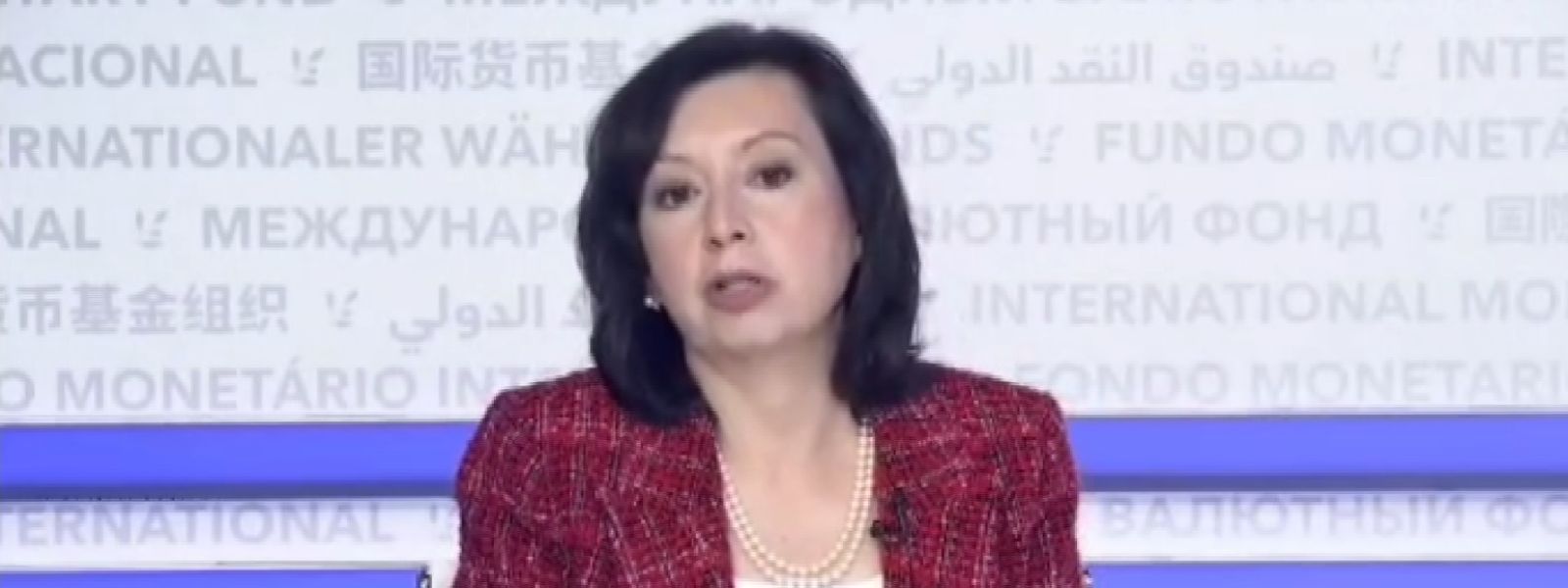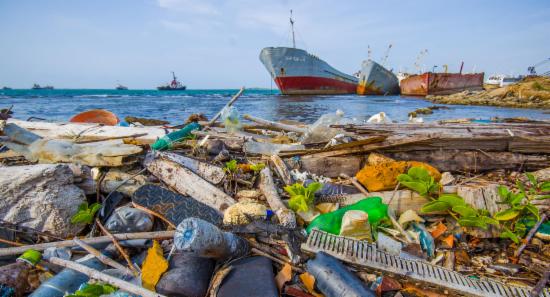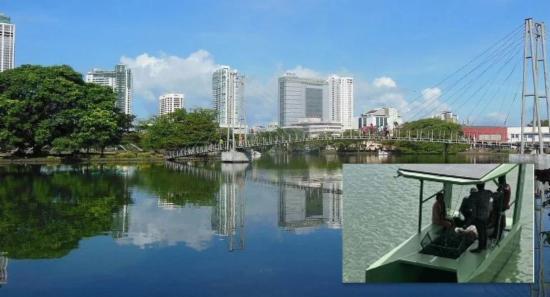.webp)

Trade Uncertainties Loom, But Sri Lanka’s Reform Drive Powers On : IMF
COLOMBO (News 1st); Sri Lanka's comprehensive economic reform program is showing remarkable progress, signaling a strong post-crisis rebound and improved fiscal health, according to the International Monetary Fund (IMF). The momentum continues as the IMF team is currently conducting the fifth review of Sri Lanka's Extended Fund Facility (EFF) arrangement, a critical step for the country's ongoing stabilization efforts.
Since the IMF Executive Board completed the fourth review on July 1, 2025, Sri Lanka has accessed $350 million in support funds, bringing the total IMF financial assistance under the current program to approximately $1.74 billion. This support underscores the Fund's confidence in the nation’s reform trajectory and structural adjustments.
The economic outlook for Sri Lanka is notably optimistic. Inflation has been subdued, ending the second quarter of 2025 below target levels largely due to easing energy prices. Government revenue collection has improved significantly, with the revenue-to-GDP ratio rising to 13.5% in 2024 from just 8.2% in 2022, reflecting better fiscal discipline and revenue-enhancing reforms.
Sri Lanka experienced an impressive 5% economic growth in 2024, a milestone signaling a strong recovery from the downturn of previous years. External reserves have also steadily increased, providing a vital cushion against external shocks. Furthermore, the debt restructuring process is nearing completion, which is pivotal for long-term fiscal sustainability.
IMF communications director Julie Kozack noted, “Sri Lanka’s reform program has achieved impressive progress. Program performance overall is strong, and the government remains firmly committed to its objectives.”
The IMF mission currently on the ground is assessing macroeconomic developments, policy implementation, and compliance with agreed benchmarks as part of the fifth review. Discussions focus on how Sri Lanka is navigating risks amid global trade uncertainties and geopolitical tensions, which could affect its social and economic stability.
While the progress is commendable, the IMF underscores the need for continued commitment to reforms aimed at safeguarding fiscal space and external buffers. The global trade policy environment remains uncertain, posing risks that Sri Lanka must carefully manage with proactive policy responses.
Other Articles
Featured News





.png )



-810073_550x300.jpg)





-809496_550x300.jpg)




















.gif)